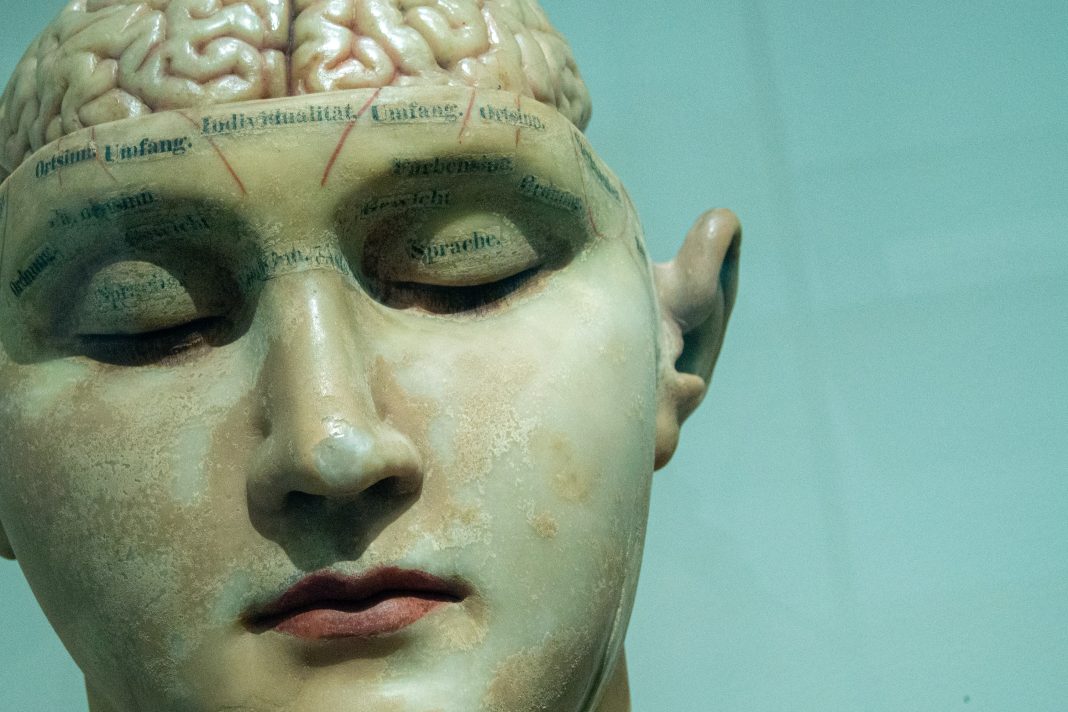By Genetic Engineering & Biotechnology News
A study by scientists at the Icahn School of Medicine at Mount Sinai, the James J. Peters Veterans Affairs Medical Center, the Yale School of Medicine, and the New York Stem Cell Foundation Research Institute (NYSCF) has demonstrated that stem cell-derived neurons from combat veterans with post-traumatic stress disorder (PTSD) react differently to a stress hormone than those from veterans without PTSD.
The study, which is claimed to be the first to use human induced pluripotent stem cell (hiPSC) models to study PTSD, demonstrated glucocorticoid hypersensitivity in PTSD neurons, and identified genes that contribute to this PTSD-dependent glucocorticoid response. The researchers suggest that their findings could provide insights into how genetics can make someone more susceptible to developing PTSD following trauma exposure.
“We’re working on finding already-approved drugs that could reverse the hypersensitivity we’re seeing in neurons, said study co-lead Kristen Brennand, PhD, the Elizabeth Mears and House Jameson professor of psychiatry at Yale School of Medicine and an NYSCF–Robertson Stem Cell Investigator Alumna. “That way, any drugs we discover will have the fastest possible path to helping patients.”

